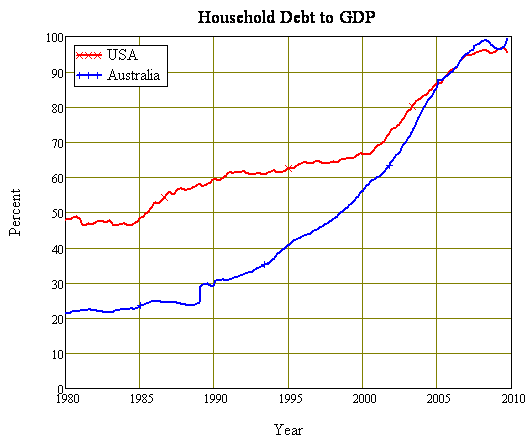The Real World Economics Review Blog–which is run by PAECON, the “Protest against Autistic ECONomics”–has just launched “The Ignoble Prize for Economics”.
The intent is to select by popular vote the “three economists who contributed most to enabling the Global Financial Collapse (GFC)”.
Nominations are now open, and anyone can nominate up to three individuals by visiting this page and leaving a comment.
As it is currently stated, the prize is open for posthumous award; this may change if there are simply too many dead economists who get a guernsey.


